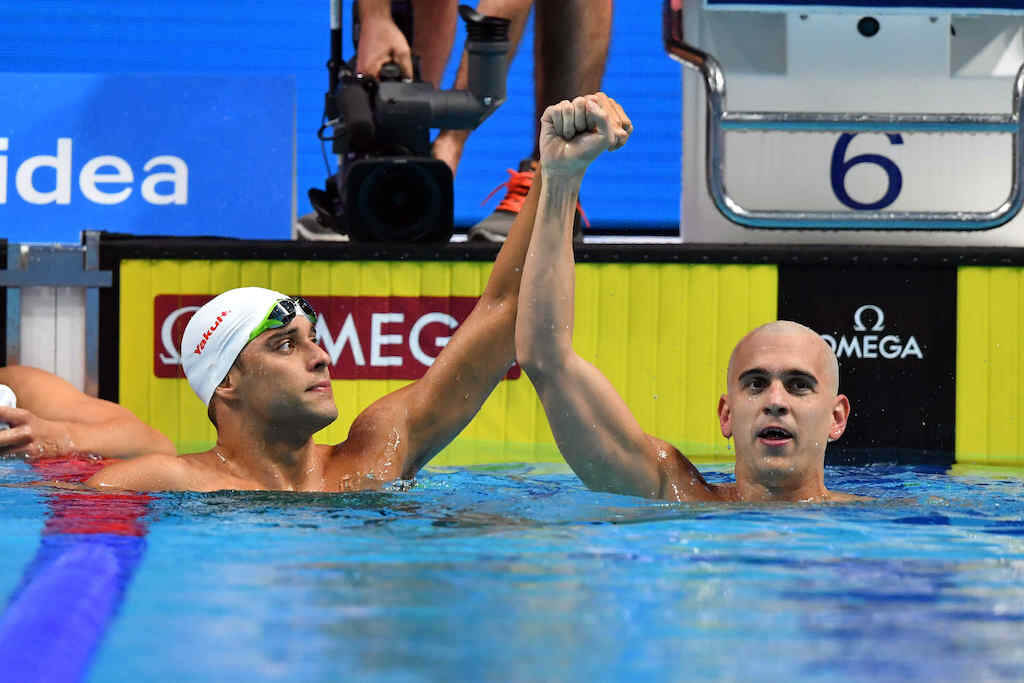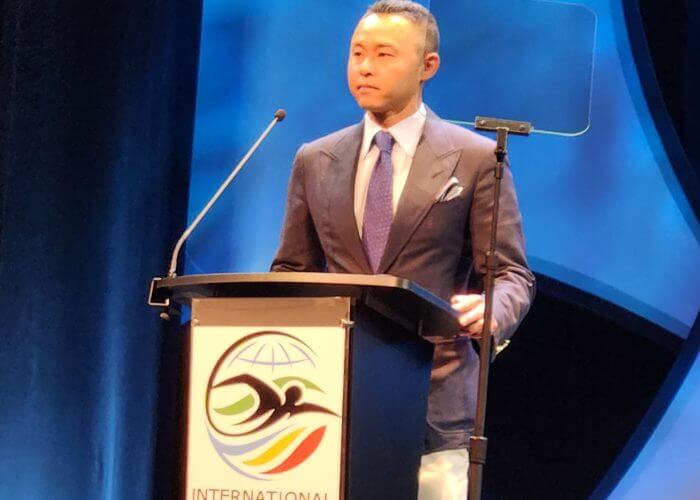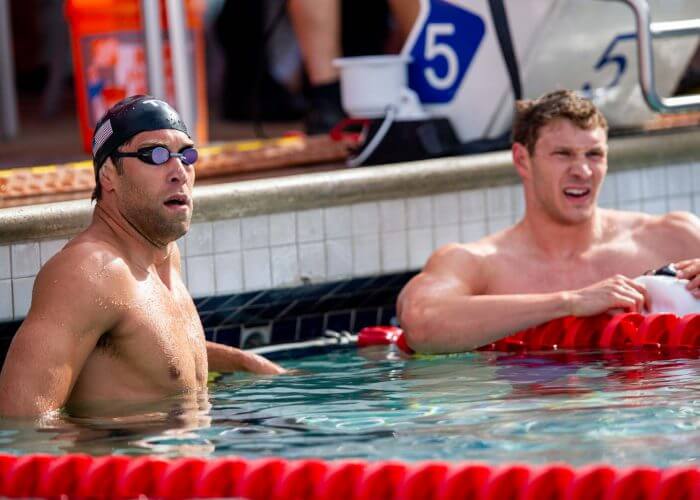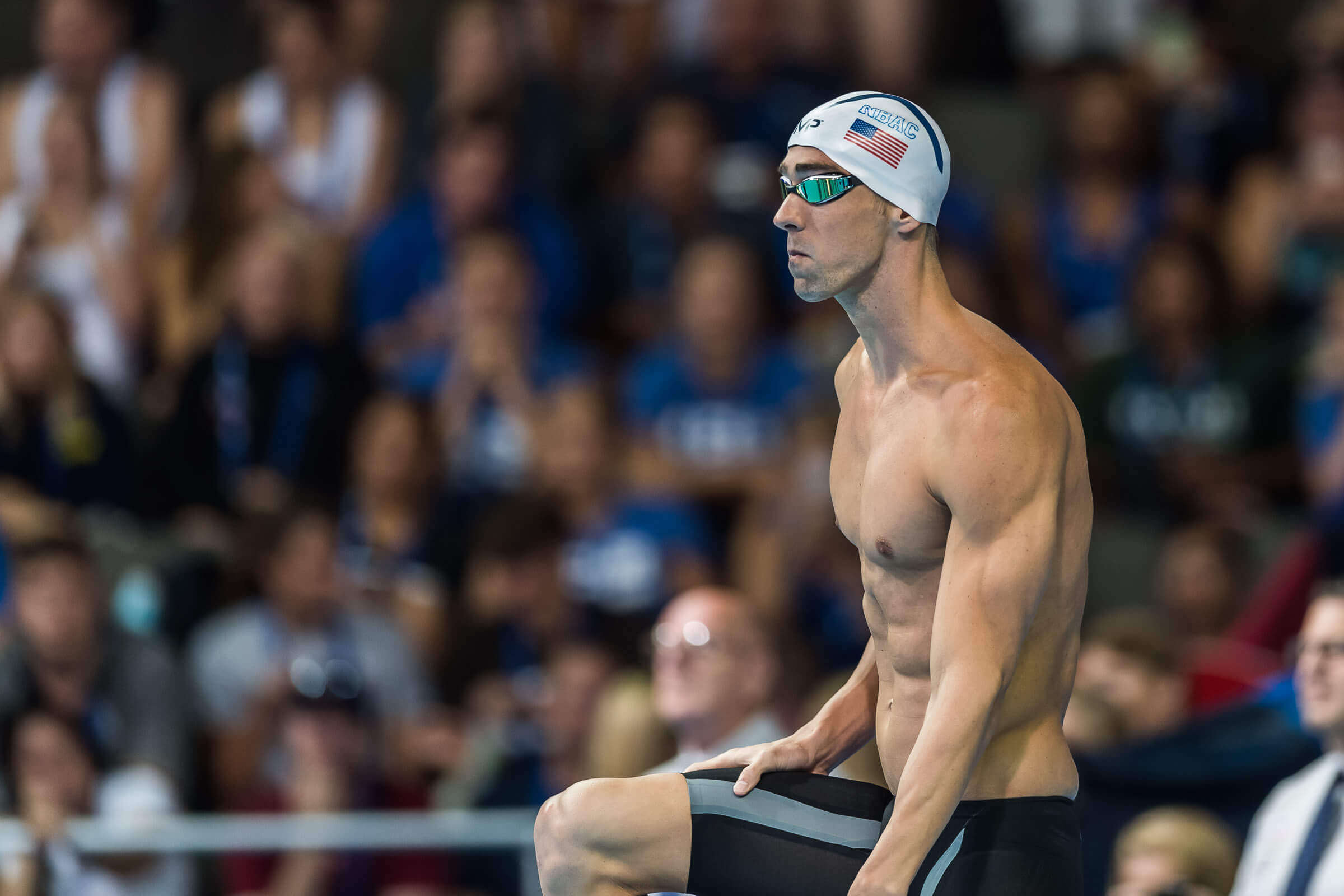Passing the Torch: Swimming Has Been Defined by Inspirational Legacies

Passing the Torch: Swimming Has Been Defined by Inspirational Legacies
Over the course of the 21st century, we have seen countless stories of legendary swimmers inspiring around the world as they have established themselves among the greatest in history. With that in mind, let’s take a look at some of the most iconic athletes of this recent era, and how their careers inspired future generations to reach for the stars.
Japan’s Breaststroke Legacy
Kosuke Kitajima made his first international final at the 2000 Sydney Olympics in the 100 breaststroke, finishing fourth. Two years later, he broke the 200 breaststroke world record at the Asian Games. In 2003, he solidified himself as an international presence with gold in the 100 and 200 meter breaststrokes at the 2003 World Championships. A year later, he backed that up with double gold in Athens.

Photo Courtesy: John Lohn
Kitajima is one of the most successful Olympic swimmers in Japanese history, with seven medals across four Olympic appearances. His career is marked by a significant rivalry with American Brendan Hansen. The athletes traded world records and international titles across their careers. Controversially, Kitajima used one dolphin kick on his pullout in the 2004 Athens Olympic final, winning gold in both breaststroke distances. Although any dolphin kick in the pullout was illegal at the time, Kitajima was not disqualified and a rule change was implemented within a year.
In 2016, the Japanese star missed the Rio Olympic team, retiring shortly after.
The rise of Kitajima inspired new generations of Japanese breaststroke swimmers.
At the 2012 Olympics, Ryo Tateishi denied Kitajima another individual medal when he out touched him by 0.06 in the 200 breaststroke final for the bronze medal. December of that year saw Akihiro Yamaguchi break the world record at a 2:07.01.
The 200 breaststroke world record lasted five years until it was broken by another Japanese athlete. Ippei Watanabe broke 2:07.00 for the first time in history with a 2:06.67. He broke that world record at Japan’s annual ‘Kosuke Kitajima Cup.’ Japan has had two athletes qualify for the 200 breaststroke Olympic final at two of the last three Olympic Games.
Kitajima’s legacy is abundantly clear. Tateishi, Watanabe and many more young Japanese idolized him as children. They watched him win Olympic gold and set world records, using his influence as motivation.
Hungarian Hero
A six-time Olympic medalist, Laszlo Cseh had the unfortunate timing of lining up with the peak of Michael Phelps’ career. The majority of Cseh’s World or Olympic medals came behind Phelps and Ryan Lochte. That statistic doesn’t mean he was not a monumentally successful athlete.
In the 200 butterfly, Cseh is the fifth-fastest all-time at a 1:52.70, and he ranks sixth all-time in the 200 individual medley at 1:55.18. A five-time Olympian, he qualified for his fourth Olympic final in the 200 medley at the age 35 at the Tokyo Olympics. During his career, Cseh set national records across the freestyle, backstroke, butterfly, and individual medley events.
In the wake of Cseh’s retirement, a new crop of Hungarian talent has risen to take his place. Kristof Milak is the world-record holder in the 200 butterfly and the reigning Olympic gold medalist in the 100 fly. Hubert Kos is the Olympic champion in the 200 backstroke. Both men grew up watching Cseh set a standard for excellence.
Cseh, himself, viewed Phelps as one of his biggest inspirations throughout his career. Following his 2008 loss in the 200 butterfly, Cseh watched the video of the race whenever he was feeling tired or needed motivation. He won three silver medals at those Beijing Games, all behind Phelps.
Cseh’s international rivalries extended farther around the globe to South Africa and Chad le Clos. The butterfly stars dueled constantly in the 2010s, trading world titles in the 200 butterfly in 2015 and 2017. The two have enjoyed a friendship over the years, and never missed an opportunity to praise each other when they battled in the water.
“The one thing that struck me about Laszlo was that he was a champion outside of the water. I took inspiration from that,” le Clos said.
One could never miss the shaved head of Cseh in the water. It was unmistakable. The Hungarian hero brought up his nation on his back and inspired future generations to dream big.
U.S. Backstroke
American swimmers have historically dominated any backstroke distance, with the men sweeping the 100/200 on an Olympic level from 1996 to 2016. On a national level, making any sort of international team in backstroke events is almost as difficult making an international final. In 2023, the eighth-place finisher in the women’s 200 backstroke at U.S. Nationals swam a time faster than what it took to make it into the Worlds final.
The dominance stretches over generations. Lenny Krayzelburg was a mentor to Aaron Peirsol on his first Olympic team, and Peirsol then became the American backstroke swimmer for eight years, netting seven Olympic medals. His 200 backstroke world record has been untouched for more than a decade. Lochte won Olympic gold in the 200 back in 2008, and four years later, it was Matt Grevers and Tyler Clary who swept the Olympic backstroke distances.

Matt Grevers (left) and Ryan Murphy — Photo Courtesy: Becca Wyant
The 2016 Games saw a massive changing of the guard, as both Grevers and Clary found themselves shut out. Young Cal Bear Ryan Murphy sealed a double gold sweep of the backstrokes in Rio. Murphy has remained the frontrunner of American backstroke since, becoming the first American to qualify for three Olympics in the 100 and 200 events.
On the women’s side, Natalie Coughlin became the first woman in history to swim a 59-second 100-meter backstroke. She lowered that world record on five occasions and collected 12 Olympic medals during her career. Coughlin is one of the few athletes in history with the distinction of winning an Olympic medal in every event she raced.
Coughlin captured her first Olympic title at the 2004 Games in Athens, and backed that finish up in 2008 with another gold medal, this time joined on the podium by Margaret Hoelzer.
Four years later, Coughlin was supplanted by 17-year-old superstar Missy Franklin. Franklin won five medals in London, headlined by a world record in the 200 backstroke that lasted seven years. She followed that up with six golds at the 2013 Worlds.
Maya DiRado won gold in the 200 backstroke in 2016, with Kathleen Baker taking silver in the 100. Three years later, Regan Smith broke both the 100 and 200 backstroke world records in Gwangju at the World Champs. Smith has headlined American backstroke since her golden summer five years ago. Behind her, however, it is anyone’s best guess as to who can get their hand on the wall second. Every Trials final features multiple potential international medalists being left home.
As generations of U.S. backstroke have come and gone, every Olympic quad has given way to new rising talent that only adds to the decades of legacy.
The Greatest of All Time

Michael Phelps — Photo Courtesy: Peter H. Bick
We must also mention Michael Phelps’ impact on the sport of swimming. His 28 Olympic medals, 23 gold. His 34 World Championships medals, including 26 gold. Phelps’ legacy is undeniable.
His career began in 2000, when he finished fifth in Sydney in the 200 butterfly. He became the first person to make five straight finals in the same event and with a career spanning 16 years, his impact was felt by countless athletes. In 2016, Phelps swam his final Olympic campaign. He reclaimed his 200 butterfly gold medal from le Clos and became the first man to win four consecutive gold medals in one event, accomplishing the feat in the 200 medley.
The 100 butterfly was the lone silver from Rio, earned behind Singapore’s Joseph Schooling. The Eddie Reese-trained butterflyer blitzed the entire field to a 50.39 Olympic record, defying his childhood hero a fourth straight gold in the event. Behind him, longtime rivals le Clos and Cseh tied with Phelps for silver. After meeting Phelps at the 2008 Olympics, Schooling made it a storybook race by dethroning him eight years later. It was Singapore’s first Olympic gold in swimming history and made Schooling an overnight hero.
Legacies & Inspiration
Inspiration transcends nations. Cseh may have been a Hungarian hero, but he had an impact on swimmers worldwide. Kitajima will be remembered for changing breaststroke forever. Coughlin is still one of the most recognizable names in swimming anywhere on the planet. Every athlete listed (and plenty not listed) has had an impact on the swimming world that stretches across years of competition.
The cycle is never ending. Before Cseh, there was Krisztina Egerszegi. Before Phelps, there was Matt Biondi. Right now, a young swimmer is watching the current generation, dreaming of a future opportunity to race for gold.



